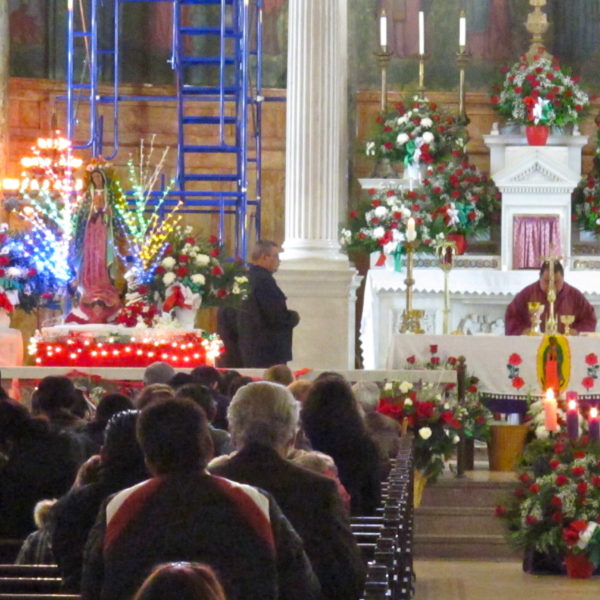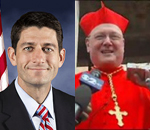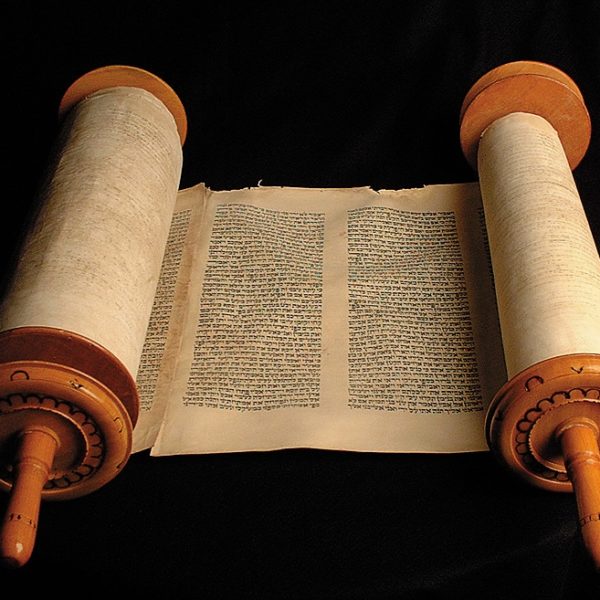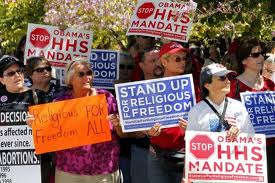
The original unifying function of liturgy becomes lost if we begin to dehistoricize liturgy by shopping among the traditions. Like consumerist postmodern culture, the Emergent Church shops among traditions for forms of spirituality that are useful and pleasurable and incorporates them into general western, melange of religious items….

The state is in crisis in an increasingly globalized world. Christians are called to a post-Constantinian engagement with the political order, embodying an incarnational practice that engages with the local context of believers and an eschatological vision focused on the full flourishing of all humanity and all of creation.

It seems easy. So easy we can almost brush it off. Smile approvingly at the Sunday School teacher seated across the aisle from us in worship, and check one more thing off our spiritual to-do-list. Welcome little children? Done. We might ask ourselves, “How dense could these power grubbing disciples have been to miss so simple a point as this?”
But take a look across that same aisle once again… If your church is like many, there may be an usher giving a mother a dirty look as she walks her small child to the bathroom. Or a father putting his finger to his lip, afraid that his toddler’s whispers might disrupt someone. Or maybe a middle-aged gentleman checking the church’s giving record, calculating in his head what percent of the church’s income comes from his check. Or a young woman dressed just so, glancing at a hand mirror to check her make up….

It’s no secret that many bishops, including Cardinal Timothy Dolan of New York, are incensed with the Obama administration over contraception coverage requirements under the Affordable Care Act. Bishops have missed few opportunities to blast the presidentas hostile to religious liberty – a meme that Mitt Romney has eagerly picked up on in a campaign ad that depicts President Obama as waging a “war on religion.”
But the selection of Rep. Paul Ryan – an intellectual darling of the conservative movement who embraces Catholic teaching to defend his policies – has complicated the Catholic narrative during these final months heading into the election….
With this sort of starting point, we take an altogether different approach: our task, short of the full in-breaking of the Kingdom of God, can never be any partisan agenda. This is because anything short of the full consummation of the Kingdom of God will necessarily still be tainted, or worse, corrupted, by sin. All political activism then—in the sense of being active in talking to the contemporary powers-that-be in western culture—is always and necessarily ad hoc, never utopian, and never idealistic. We deal with each concrete question and issue as it arises, and seek to bear faithful witness as best we are able.

John’s gospel is replete with splendid imagery of the saving power of Jesus, so much so that it can be easy to wonder how the disciples could have even considered turning away from Jesus, even at the cross. But here we are, still a far cry from the cross and Jerusalem, long before the last supper and the cock’s crow, and rather than the masses that we’ve grown to expect to see coming out towards Jesus in droves, we are told that many who were following him turn away from Jesus en masse. How could this happen? What motivates those who leave? And what’s more, in the face of such harsh words–of inevitable tribulation ahead–what motivates those who stay? These are the politics of today’s gospel text…
A critical issue left unaddressed in Bass’s response to Douthat is the state of power relations within mainline Protestant denominations. In her well-intentioned attempt to counteract the corrosive and controlling ‘narrative of decline’ that plagues mainline Protestant communities, she inadvertently diverts attention away from the reality that the majority of their leadership positions and financial resources are firmly in the control of the Baby Boomer generation….
In the aftermath of the Episcopal Church (USetc)’s General Convention, there’s been a flurry of breast-beating, moaning, finger-pointing, boasting, and other edifying demonstrations of ecclesiastical vitality (or not) in the various social media sites….
I’m a liberal, but I don’t want to be in a liberal church, because liberals unchecked are prone to do stupid things. And I think the same holds true for conservatives that want to make a ghetto for themselves on the right. These would be terrible developments for the church to split ourselves the way some on the right are advocating. In the kingdom of God, the church will have every ideological stripe.

